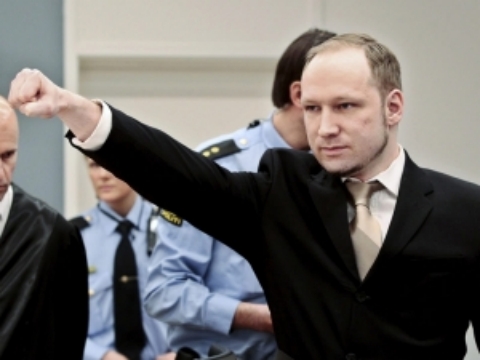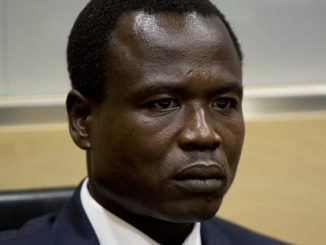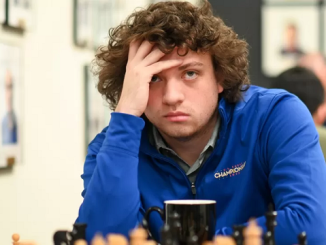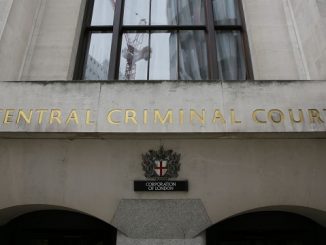
Norwegian mass murderer Anders Behring Breivik, who killed 77 people in a bombing and shooting rampage in 2011, is returning to court this week as the government appeals a ruling that his isolation in prison breaches the European Convention on Human Rights.
The 37-year-old right-wing extremist, who admitted to the killings that Prime Minister Erna Solberg has called “one of the darkest days in Norwegian history,” was convicted of mass murder and terrorism in 2012 and given a 21-year prison sentence that can be extended for as long as he’s deemed dangerous to society. Legal experts say he will likely be locked up for life.
Breivik has often complained about his treatment and prison conditions.
Last year, he sued the government, saying his solitary confinement, frequent strip searches and the fact that he was often handcuffed during the early part of his incarceration violated his human rights. He is held in isolation in a three-cell complex where he can play video games, watch TV and exercise. He has also complained about the quality of the prison food, having to eat with plastic utensils and not being able to communicate with sympathizers.
The government has rejected his complaints, saying he is treated humanely despite the severity of his crimes and that he must be separated from other inmates for safety reasons.
But, in a surprise ruling in April, the Oslo District Court said “the prohibition of inhuman and degrading treatment represents a fundamental value in a democratic society. This applies no matter what — also in the treatment of terrorists and killers.” It also ordered the government to pay Breivik’s legal costs of 331,000 kroner ($41,000). However, it dismissed Breivik’s claim that his right to respect for private and family life was violated by restrictions on contacts with other right-wing extremists.
Breivik had meticulously planned the July 22, 2011, attacks, setting off a car bomb outside the government headquarters in Oslo, killing eight people and wounding dozens. He then drove to the island of Utoya, some 40 kilometers (25 miles) away, where he opened fire on the annual summer camp of the left-wing Labor Party’s youth wing. Sixty-nine people there were killed, most of them teenagers, before Breivik surrendered to police.
At the time of the attacks, Breivik claimed to be the commander of a secret Christian military order plotting an anti-Muslim revolution in Europe. Investigators found no trace of the group. He now describes himself as a traditional neo-Nazi who prays to the Viking god Odin, saying his earlier crusader image was just for show. He made a Nazi salute to journalists at the start of his human rights case last year.
Breivik’s lawyer, Oystein Storrvik, said his client was satisfied with last year’s verdict and that prison authorities would have to lift some of his restrictions, adding that he expects Breivik to be allowed to meet other people in prison.
But the massacre shocked the oil-rich, quiet Scandinavian country and many feel Breivik has already had too much attention and should be consigned to the history books.
Mette Yvonne Larsen, a lawyer who represented Breivik’s victims and their families, says her official line is “not to comment because we don’t want to give him (Breivik) any visibility.”
The appeals case opens on Tuesday in a makeshift courtroom in the gym of Skien prison in southern Norway, where Breivik is incarcerated. Six days have been reserved for the hearings before the Borgarting Court of Appeals hands down a verdict in the case.
BY MATTI HUUHTANEN
Source: miamiherald.com





Be the first to comment